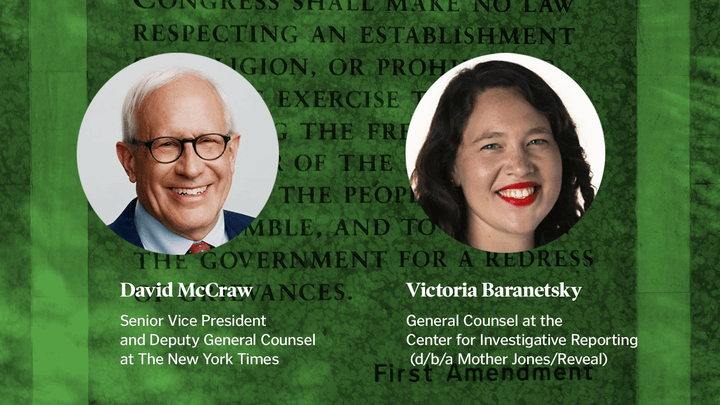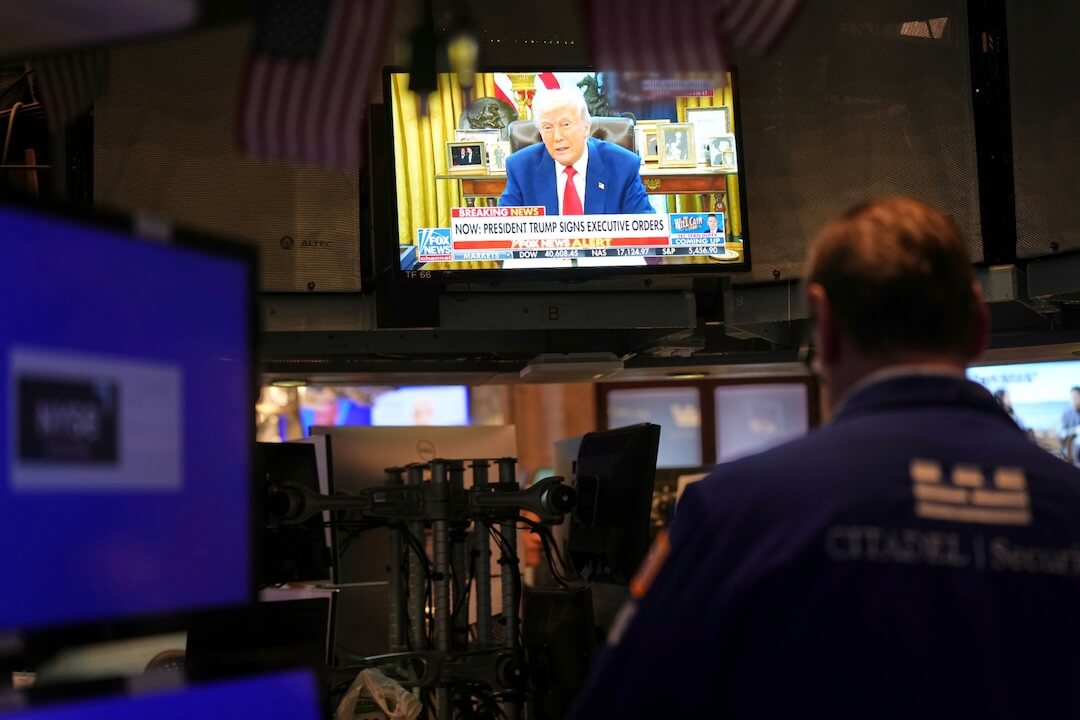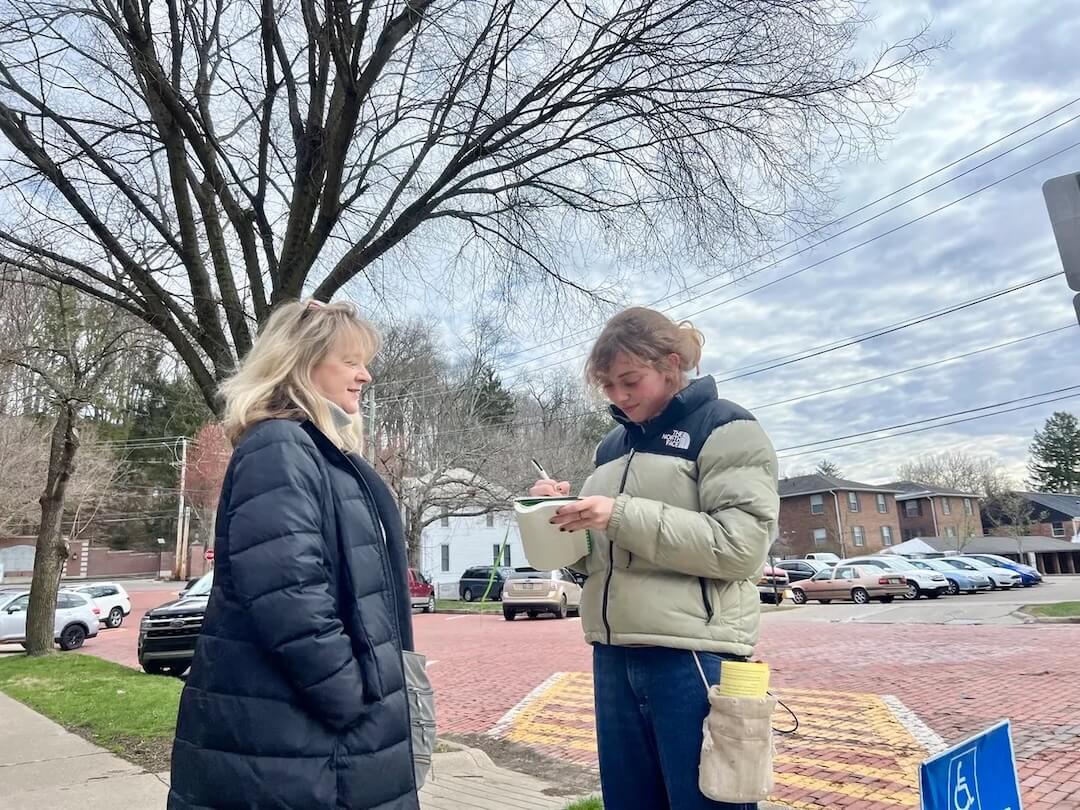Poynter’s building has the First Amendment etched at its entrance for a reason. It’s a reminder of the constitutional protection establishing a free press as an enshrined right, fundamental to a healthy American democracy.
Over the last few months, my Poynter colleagues and I have fielded a lot of questions from journalists who believe their ability to safely do their work — and the right to a free press — is in peril. They’ve expressed worries about a rise in legal threats; of a relentless public campaign to characterize the work of journalists as “fake news;” and not knowing how to protect their work, their sources, their staff and their news organizations.
Here are just a few of the questions we’ve heard:
- What can we do to protect our work and our team against lawsuits?
- Do we need to think differently about how we deal with documents, given the current environment? Do we need new policies on document retention?
- Do we need to think about getting a lawyer on retainer?
- Do we need different layers of tech security to make sure our sources are protected?
- How should we think differently about the risks of discovery as we work with vulnerable sources?
Journalism ethics expert Kelly McBride and I will try to answer some of these questions in a free webinar on April 7, by bringing them to two of the best media lawyers in the business: David McCraw, senior vice president and deputy general counsel at The New York Times, and Victoria Baranetsky, general counsel at the Center for Investigative Reporting (d/b/a Mother Jones/Reveal).
“These legal concerns strike at the heart of our ability as journalists to seek out the truth and share that truth with audiences that depend on us,” McBride said. “When we understand our risks and prepare for them, we are more likely to stay strong.”
As we think through the most important questions to ask, we’d love to hear what’s on your mind. Let us know your questions here.
Here are just a few of the recent issues that have led us to create this free webinar:
- Almost as important as the First Amendment is the Supreme Court ruling from 1964 on Times v Sullivan, outlining broad protections for journalists against libel and defamation lawsuits. As David Enrich details in his new book, “Murder The Truth: Fear, the First Amendment, and a Secret Campaign to Protect the Powerful,” there’s been a coordinated, significant effort underway to undo those longstanding protections.
- ABC settled a defamation case late last year that could continue to have ripple effects across media.
- The White House has barred The Associated Press from events because of its style guide on the term for a body of water.
- The Federal Communications Commission has opened investigations into NPR and PBS over sponsorships, along with reopening investigations into several top broadcast outlets.
Many of these examples are national, but local newsrooms have faced a series of legal issues that threaten both their ability to publish freely and, given the cost of litigation, their ability to stay in business, serve their communities and do high-quality reporting. For example, police raided the Marion County Register in 2023, seizing equipment after the newspaper investigated a local restaurant owner’s driving record.
Our panel will provide a framework for thinking through the myriad legal questions facing journalists, including an understanding of where their work may be most vulnerable. Our aim is to leave you with practical tools and tactics to ensure reporting is defensible in the face of legal attacks.
A final note: Poynter’s April 7 webinar is free of charge. At Poynter, we’re committed to supporting journalists and news organizations regardless of budget constraints. This is part of an ongoing series of free resources. While these events come at no cost to you, they’re made possible through donations. If you’re in a position to contribute, your support directly enables us to continue offering these vital resources to journalists facing unprecedented challenges. Every donation, no matter the size, helps sustain our mission to protect and strengthen journalism when it matters most.








Comments